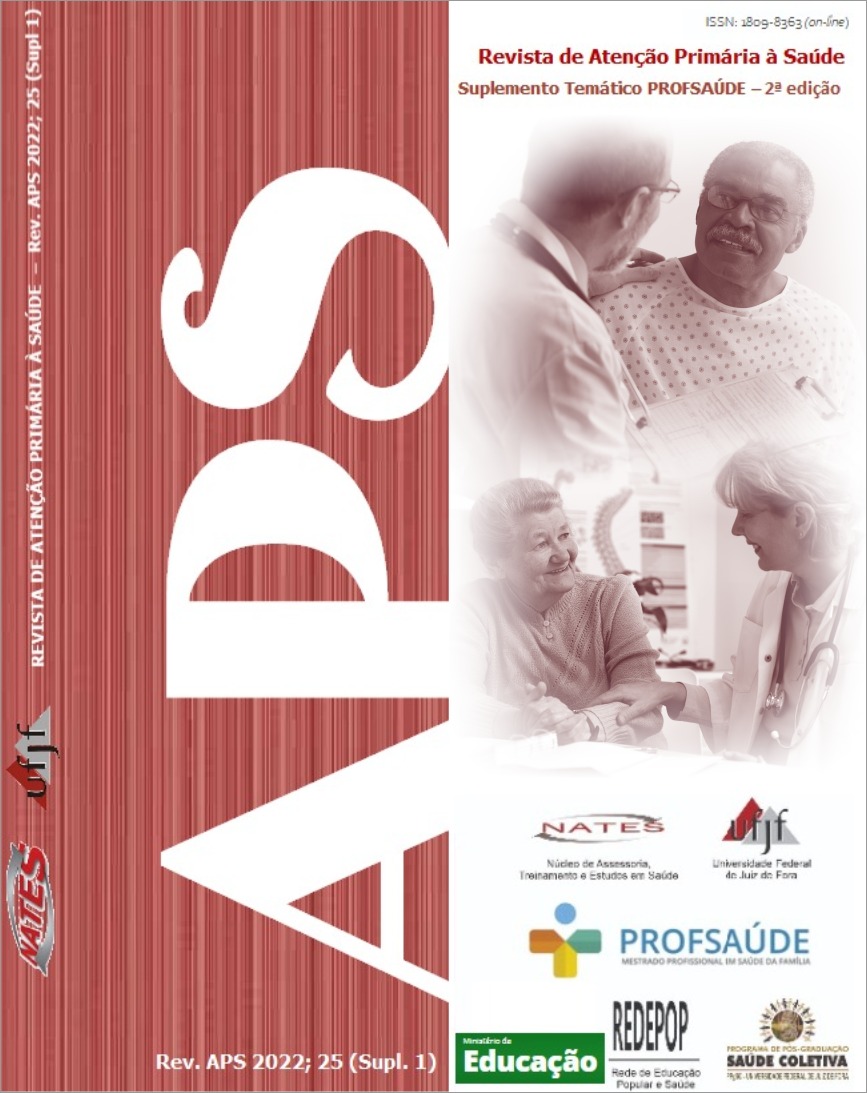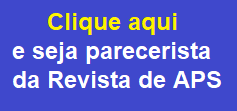Intervenciones psicosociales para los trastornos mentales comunes: percepciones y demandas formativas en medicina familiar y comunitaria
DOI:
https://doi.org/10.34019/1809-8363.2022.v25.35467Palabras clave:
Trastornos mentales, Atención primaria de salud, Medicina familiar y comunitaria, Internado y residenciaResumen
Parece haber un uso insuficiente de las intervenciones psicosociales (IP) por parte de los médicos de familia y de la comunidad en el abordaje de los trastornos mentales comunes (TMC) en Atención Primaria de Salud, en relación a lo recomendado en la literatura y entidades representativas de la especialidad. Este estudio tuvo como objetivo investigar cómo el uso de IP en el manejo de la DMC ha sido percibido por residentes de segundo año (R2) de programas de residencia en Medicina Familiar y Comunitaria en Minas Gerais. Se trata de un estudio descriptivo, cuantitativo, realizado a través de un cuestionario semiestructurado aplicado entre octubre y noviembre de 2020. De los 102 residentes activos R2 en el estado, 46 participaron en la encuesta. Los residentes encuestados eran en su mayoría mujeres (67,4%), con una edad media de 30 años. Casi todos los residentes (97,7%) afirmaron utilizar IP para el abordaje de CMD, pero solo el 53,4% informó aplicarlos en más de la mitad de los casos. Los IP menos utilizados y en los que informaron menos competencia fueron: terapia de resolución de problemas; activación conductual y meditación guiada / consciente. Aproximadamente el 78% informó haber experimentado dificultades en el uso de la PI y el 45,6% consideró que la contribución de la residencia en el aprendizaje de la PI para CMD era "pequeña" o "ninguna".











